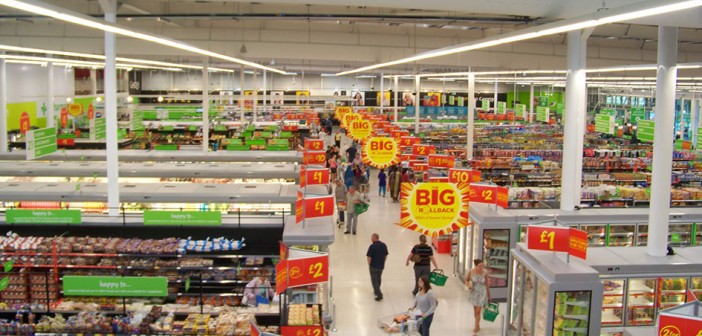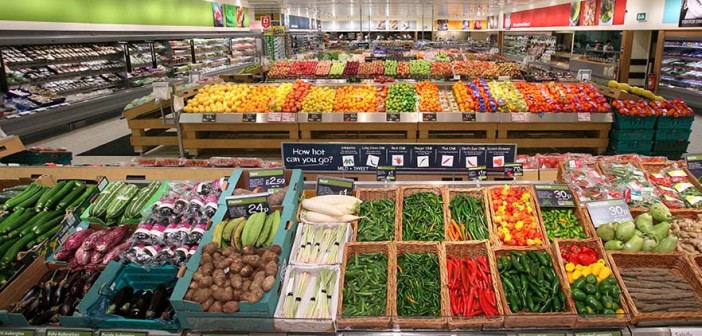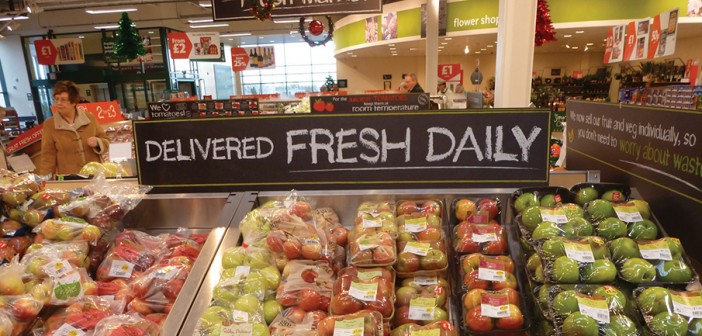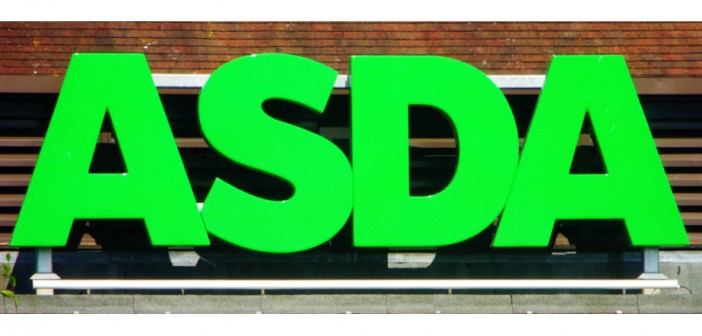Supermarket sales have sunk below the £100 billion mark for the first time in six years as competition in the grocery sector, particularly between discounters and traditional retailers, increases.
Food retail revenues dropped by 3 per cent to £99 billion in the second quarter, according to a study by The Share Centre. Industry observers say that the UK launch of online grocery service AmazonFresh could make the sector even tougher.
Helal Miah, investment research analyst at The Share Centre, said that intense price pressure and competition from discounters have made it a difficult time for Britain’s supermarkets: “It has been a tough couple of years for UK plc, battling against global economic headwinds and sector-specific problems that have beset commodities, energy, and food retailers.”
He also warned that economic uncertainty, triggered by the EU referendum result, could also harm retailers’ sales. “The implications of the economic slowdown will mean lower demand for sectors such as house builders and retailers, while the travel industry is already feeling the effects,” he said.

Photo Credit: Wikipedia Commons
The post Supermarket sales drop below £100 billion appeared first on Hort News.





